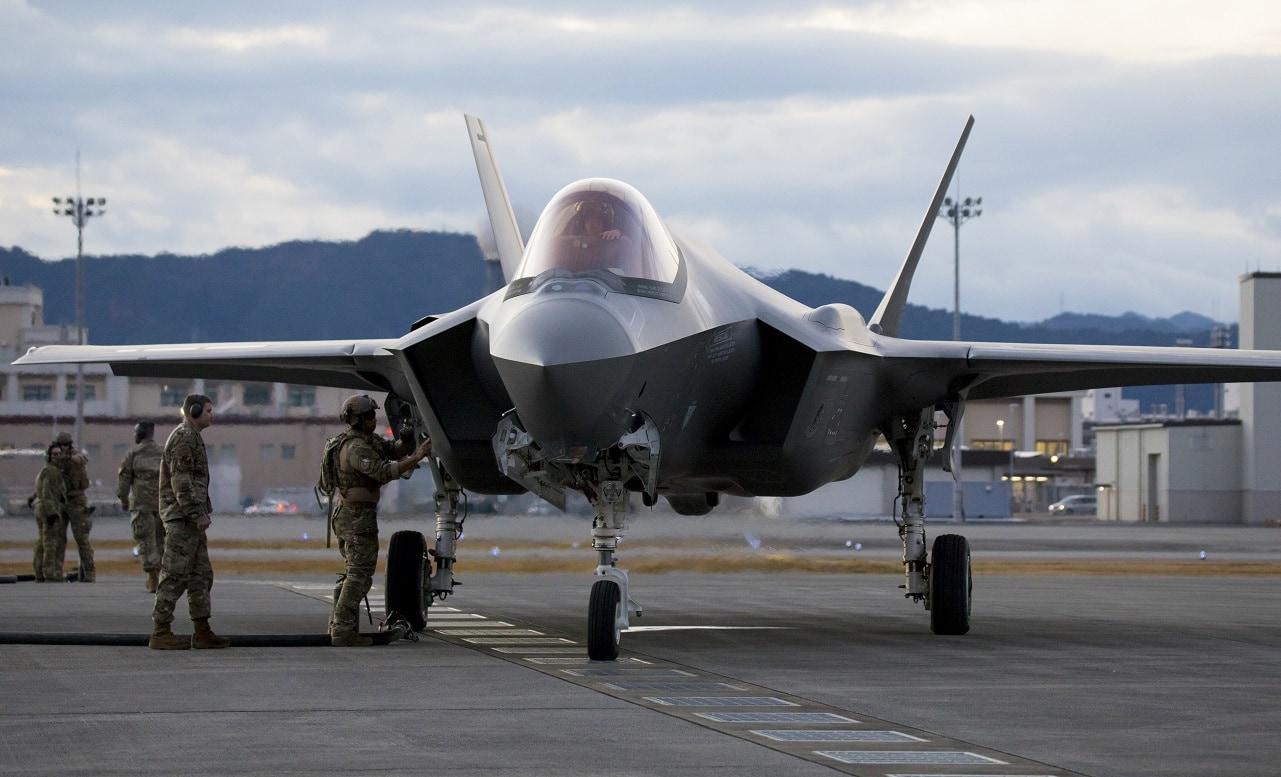During a recent visit by Japanese Prime Minister Fumio Kishida to London, the UK and Japan finalized a bilateral agreement that will expedite security and defense cooperation between the two island nations. The Reciprocal Access Agreement (RAA) will allow for bilateral troop deployment, and will further result in closer economic and industrial ties.
It is seen as the most significant defense agreement between the UK and Japan in more than a century, while it will also cement the UK’s commitment to Indo-Pacific security, allowing both nations to plan and deliver larger-scale, more complex military exercises and deployments. The UK will also be the first European country to have an RAA with Japan since 1902.
“This Reciprocal Access Agreement is hugely significant for both our nations – it cements our commitment to the Indo-Pacific and underlines our joint efforts to bolster economic security, accelerate our defence cooperation and drive innovation that creates highly skilled jobs,” UK Prime Minister Rishi Sunak said on Wednesday.
“In this increasingly competitive world, it is more important than ever that democratic societies continue to stand shoulder to shoulder as we navigate the unprecedented global challenges of our time,” Sunak added.
The UK in the Indo-Pacific
Though the RAA is certainly meant to address Chinese aggression, the situation in Europe meant that this wasn’t exactly a “done deal” until this week.
“The invasion of Ukraine has led to questions around whether the UK would stick with its pivot to the Indo-Pacific region. The RAA between the UK and Japan is the latest in a series between the states that suggests the UK will remain committed to forging closer military ties in the region,” explained Madeline Wild, aerospace, defense & security analyst at international analytics firm GlobalData.
The UK had been in the process of drafting the appraised version of 2021’s Integrated Review (IR) – a document that will outline key strategic priorities for the UK over forthcoming years.
“The RAA is years in the making, and will complement other forms of cooperation between the states, including the UK’s accession to the Comprehensive and Progressive Agreement for Trans-Pacific Partnership (CPTPP),” added Wild. “UK-Japan defense relations have also expanded in the industrial sector.”
Ties That Bind
In fact, it was announced last fall that the UK, Italy, and Japan would partner on the Global Combat Air Programme (GCAP) to field a sixth-generation fighter jet by 2035. Known as the Tempest, it is one of the multiple next-generation fighter programs currently underway – and is now seen to have an edge over the competing Franco-German-Spanish Future Air Combat System (FACS) program.
The closer ties between London and Tokyo will also go beyond Japan’s role in the GCAP.
“The combination of industrial and state-level ties between the UK and Japan are of strategic significance for both states,” Wild told 19FortyFive via an email. “The war in Ukraine has demonstrated that allied support can be just as important industrially: should a conflict erupt, the availability of a second industrial base to restock reserves and provide weapons to the front line can be pivotal. When coupled with close military ties the chances of success are higher.”
This news follows a change in Japan’s military posture, which has seen the Asian nation abandon its solely defensive position, which it has maintained since the Second World War – when the UK and Japan were on opposite sides, and fought a number of fierce battles.
“The defense budget (of Japan) has grown substantially, growing by a quarter in 2023,” said Wild. “This is in response to the threat posed by China, causing Japan to re-evaluate its military capabilities and seek stronger ties with its Western allies. This week, a meeting between the U.S. and Japan was held where they publicly reiterated their commitment to one another’s collective security, agreeing that an attack from space would trigger mutual defense clauses in the bilateral agreement. Both cited China as their greatest strategic challenge.”
Author Experience and Expertise: A Senior Editor for 19FortyFive, Peter Suciu is a Michigan-based writer. He has contributed to more than four dozen magazines, newspapers, and websites with over 3,200 published pieces over a twenty-year career in journalism. He regularly writes about military hardware, firearms history, cybersecurity, politics, and international affairs. Peter is also a Contributing Writer for Forbes and Clearance Jobs. You can follow him on Twitter: @PeterSuciu.

